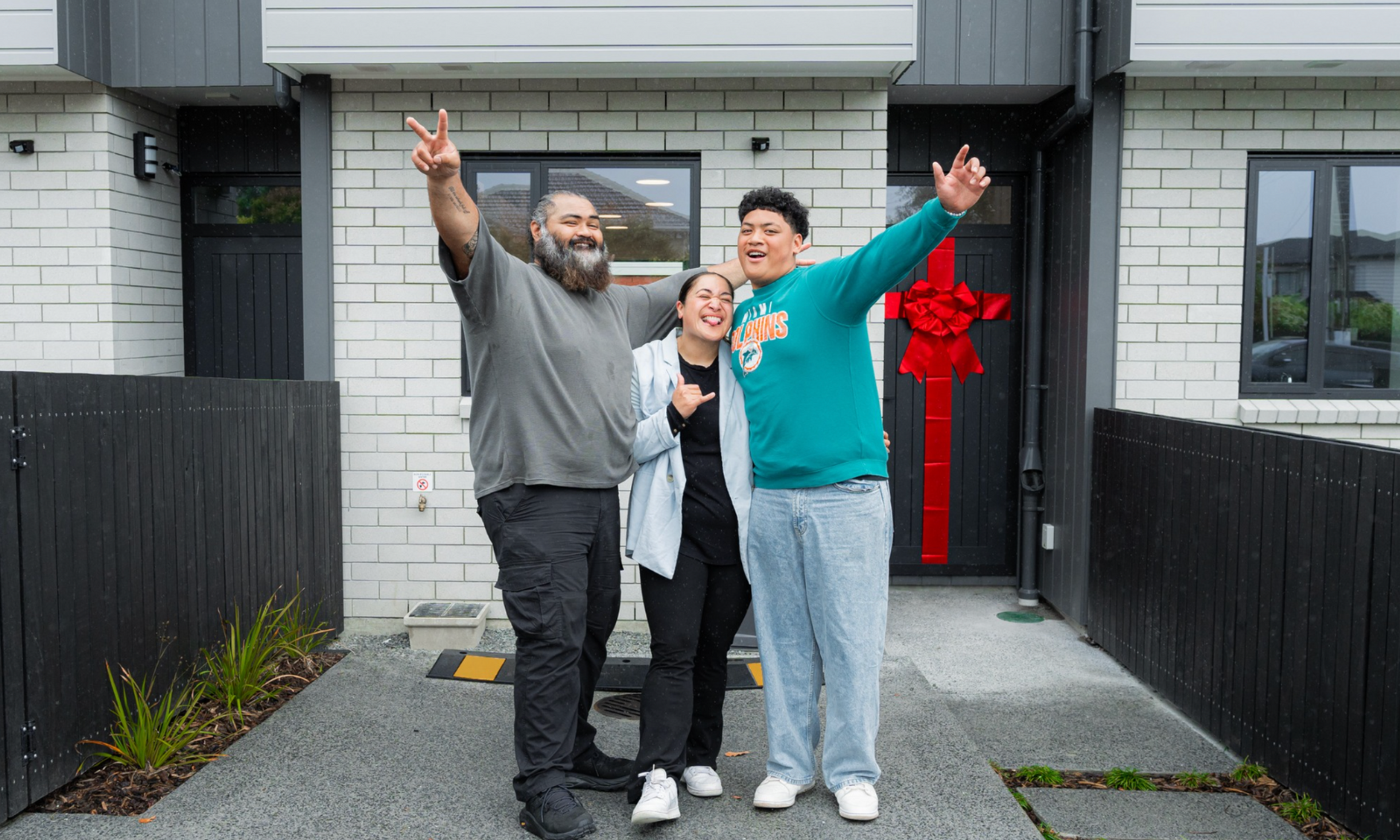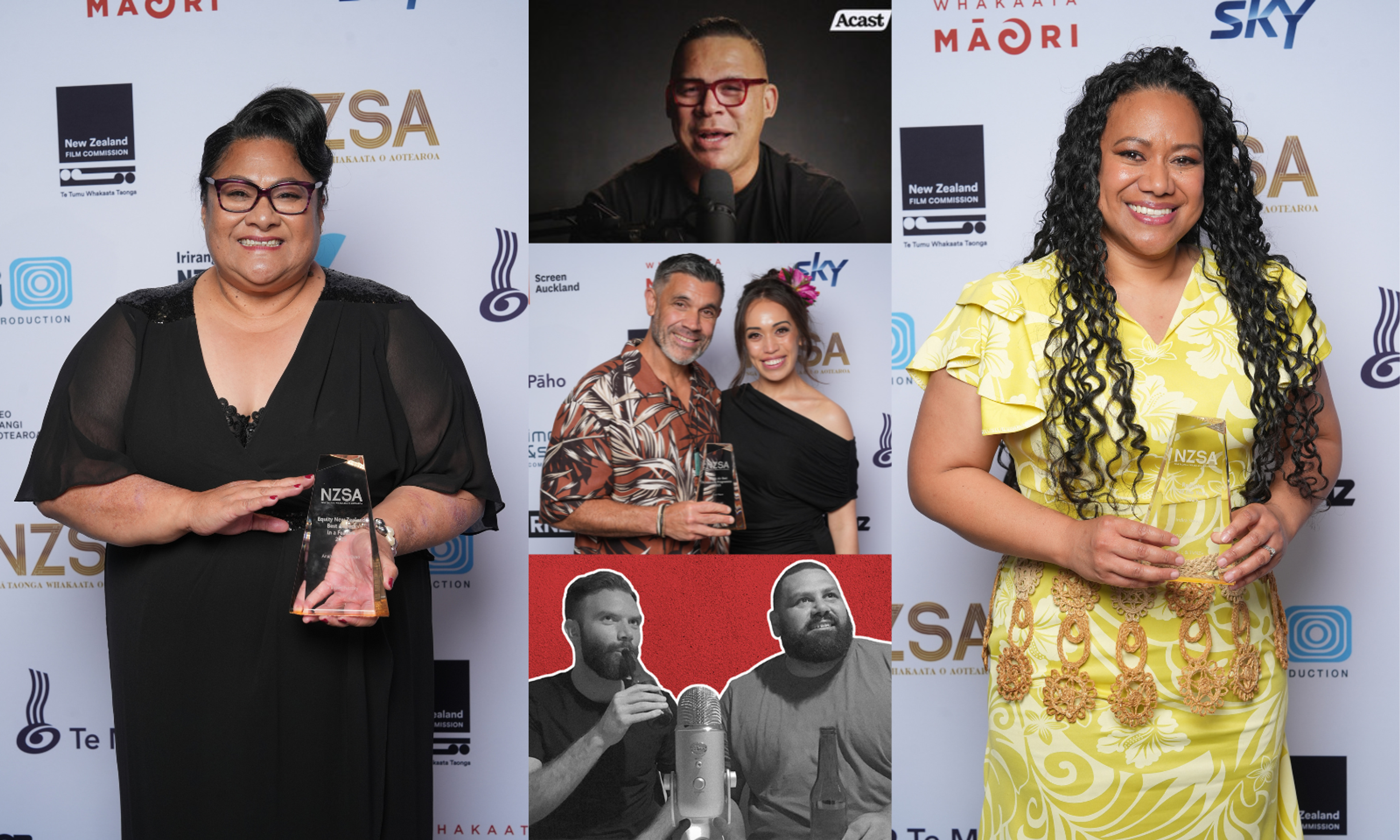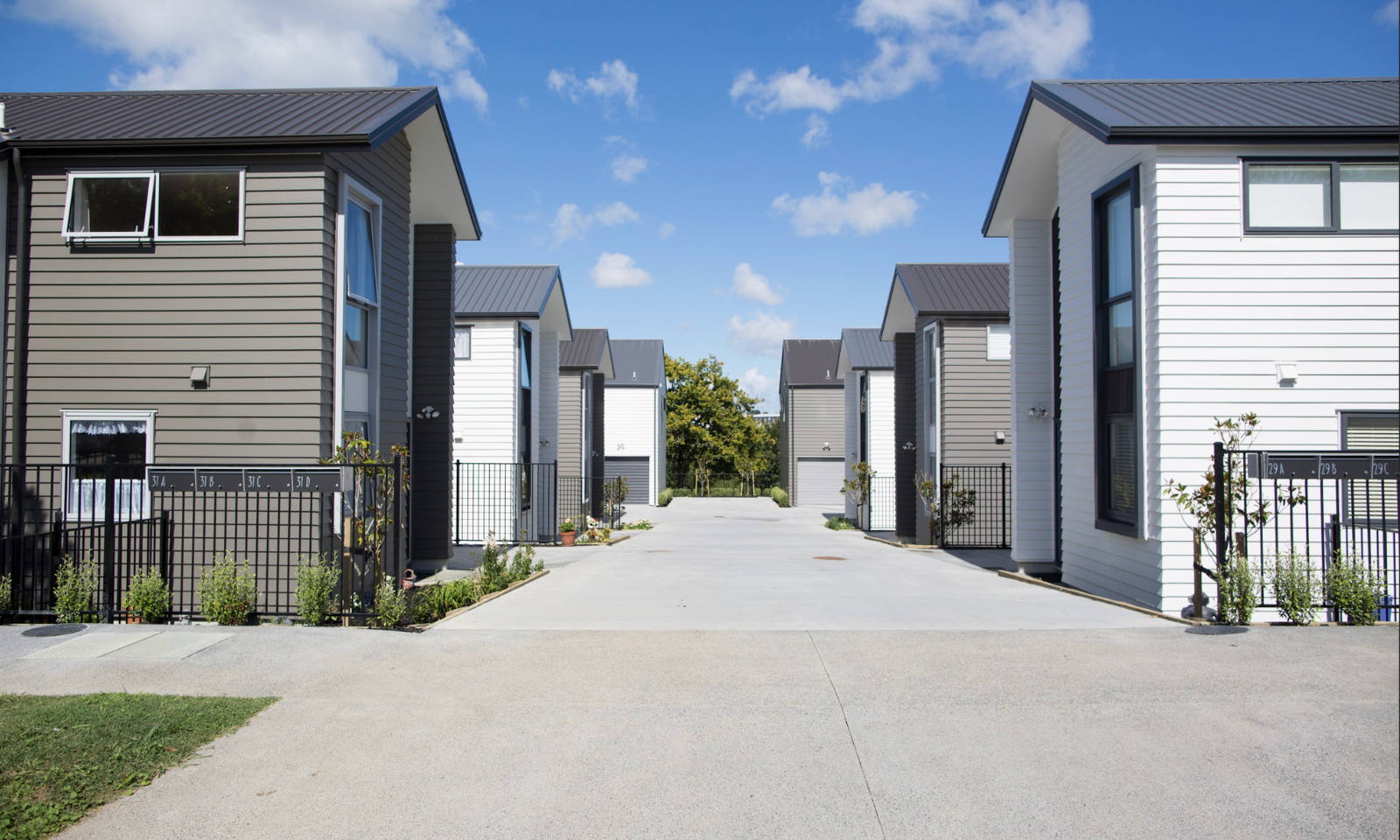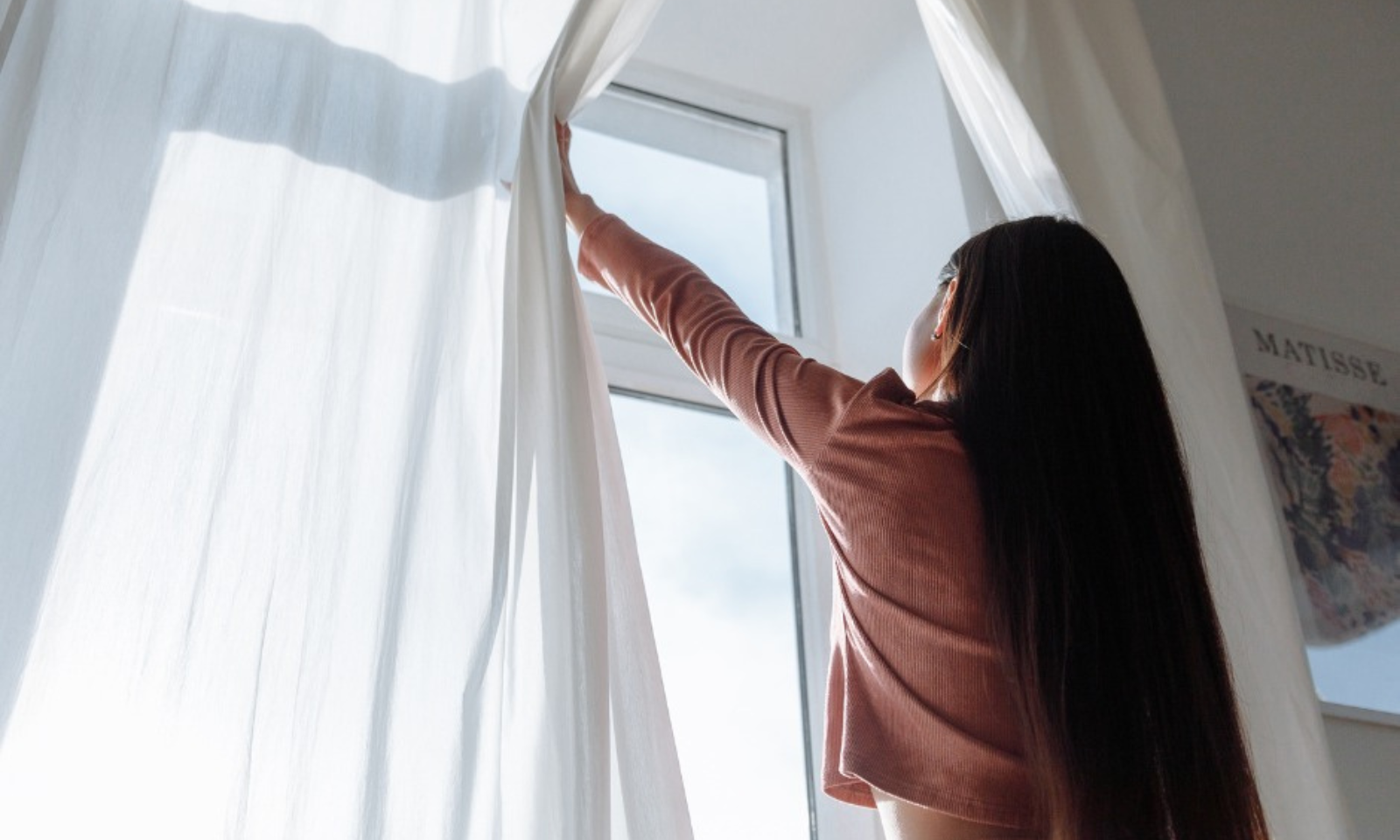

The Burkes thought homeownership was off the cards until they came across the OWN IT programme.
Photo/supplied/Tāmaki Regeneration
From state housing to homeowners: The Burke family’s journey through OWN IT
Tāmaki locals Hare and Joseph Burke transformed their dream of homeownership into reality through the innovative OWN IT co-ownership programme.


Big wins for Pacific creators at New Zealand’s top screen and podcast awards

Sāmoan Uber driver’s landmark court victory sparks hope for fair treatment of workers

AI misses the beat: Pacific music producer challenges tech’s cultural blind spots


Big wins for Pacific creators at New Zealand’s top screen and podcast awards

Sāmoan Uber driver’s landmark court victory sparks hope for fair treatment of workers

AI misses the beat: Pacific music producer challenges tech’s cultural blind spots
Tāmaki locals Hare and Joseph Burke never thought homeownership was possible until a co-ownership model helped them create a plan to settle into their own home.
But with guidance, a well-established plan, and the opportunity to climb the housing ladder, the Burkes now own a home in Glen Innes, Tāmaki.
The Burkes applied to the OWN IT programme, which Tāmaki Regeneration, a social housing provider in Glen Innes, Panmure, and Point England, leads.
As parents to their teenage son Phoenix, years of living in income-tested state housing made homeownership impossible.
“I'm privileged enough to own a home on a street that I grew up on,” says Hare.
“Homeownership has always been a dream, but how we got to that space was always going to be something that we were like, what the heck, where do we even begin in this space?”
Watch Hare and Joseph's full interview below.
Fortunately, with financial management tools and close guidance from Tāmaki Regeneration, the Burkes moved into their OWN IT home in late 2024.
OWN IT’s co-ownership model reduces the deposit burden on families by allowing Tāmaki Regeneration to retain a stake of up to 30 per cent in the home. This means families only need to fund the remaining 70 per cent, reducing the deposit amount to as low as five per cent.
Families have up to 20 years to buy out Tāmaki Regeneration’s stake and eventually own their home outright.

Photo/supplied
Erin Liava’a, a Housing Adviser at Tāmaki Regeneration, worked closely with the Burkes to prepare them for the OWN IT programme.
Liava’a says it’s important to build trust with Pasifika families during their homeownership journey.
“It's that fear of who to trust, right from is this a true programme, and then the people that are delivering the programme as well.
“We always say we're not here to judge. We're here to support however we can. It might not be everybody's opportunity right now, but it doesn't mean that it will never be their opportunity,” she says.
The Burkes are grateful for the opportunities provided by the OWN IT programme and the doors it has opened for their family.
Joseph says managing debt remains a major challenge for Pasifika families. He took out tens of thousands of dollars in loans to support his family financially, but the OWN IT programme helped reduce this burden.
Watch son Phoenix' Burke's reaction to his new home.
“We hate the word fa’alavelave because every single time something comes up, money is involved, and it's not just a small amount.
“It's mostly big amounts, and that's pretty much put a dent in our debts in our lives. And it's sort of become a habit to always go to the banks when you need money,” he says.
Liava’a guided the Burkes throughout their OWN IT journey, helping them with debt reduction and budgeting.
“It literally changed the way we spent, how we, like what we were spending our money on, how we were spending it, but how we were saving at the same time,” Joseph says.
While Tāmaki Regeneration partners with banks like Westpac, ASB, and SBS to facilitate the OWN IT co-ownership model, Liava’a says the mortgage application process can be intimidating for Pasifika families, who often fear rejection from the outset.
With Liava’a’s support, the Burkes applied for mortgages at different banks. Although they faced an initial rejection, they persevered and were eventually approved. The reduced deposit required by OWN IT lessened the minimum income necessary for approval.

Photo/AWHI
“I'm glad we continued to the second bank because it was the second bank that was like, yeah, we'll give you the mortgage that you need. That's something that will forever be,” Hare says.
The Burkes believe that without OWN IT, they would have remained in state housing, potentially forced to move to a private rental elsewhere, away from Tāmaki, where Hare grew up.
“It probably would have taken us maybe till retirement to get our foot into owning a home,” Joseph says.